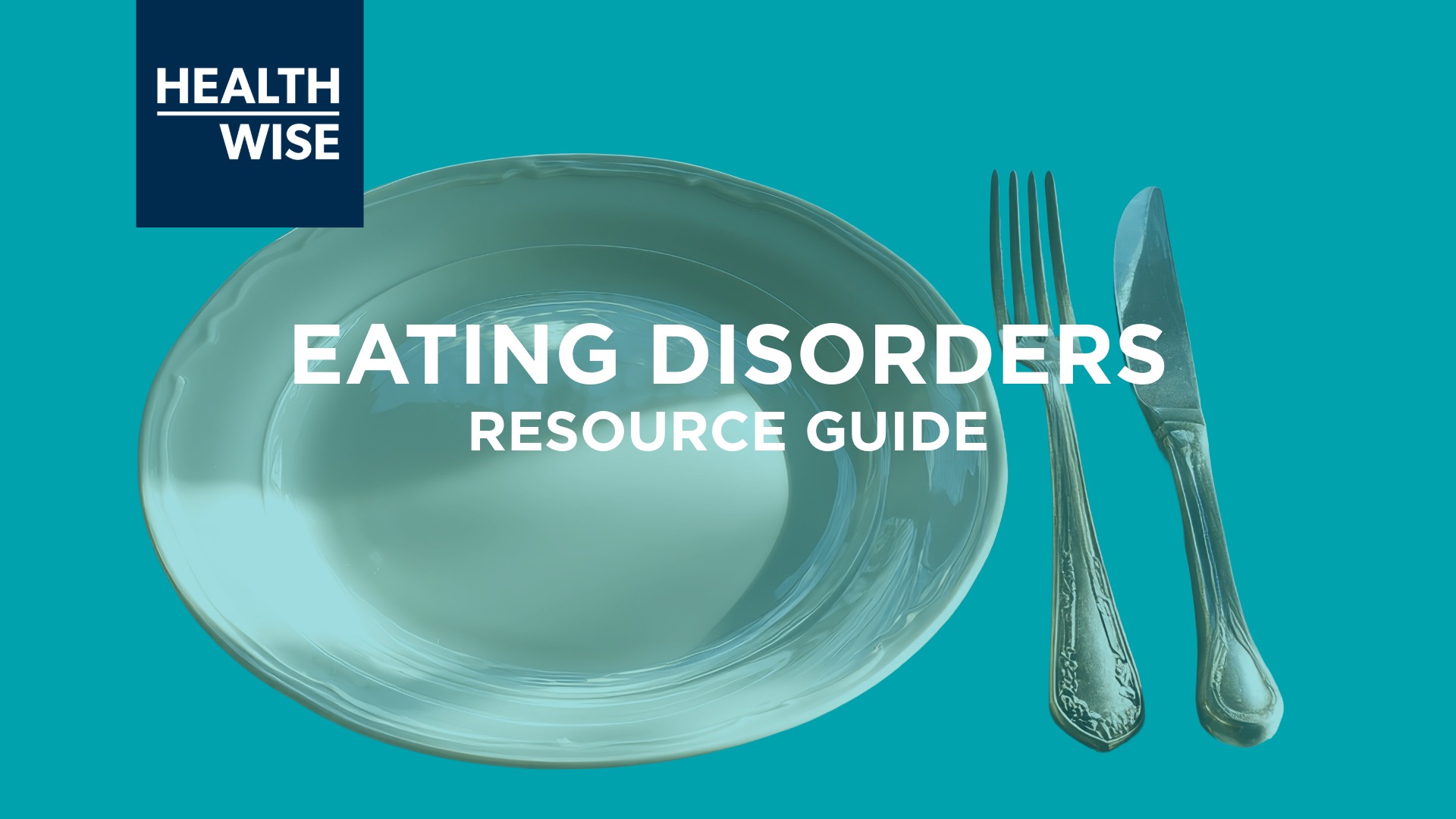Tips to reduce fatigue
Fatigue is often mistaken with tiredness feeling a bit rundown without much energy to do anything. Unlike fatigue, tiredness can be fixed easier with some rest and a bit of balance. Fatigue on the other hand can be a symptom that sticks around which may indicate something else like anxiety, diabetes or an iron deficiency.
Figuring out what causes us to feel fatigued can be a bit of a challenge. It can quite often be triggered by a combination of a range of medical and lifestyle factors. Things like a lack of exercise and sleep, a poor diet and feeling stressed or contribute to an equally varied range of physical and mental symptoms such as chronic tiredness, loss of appetite, short-term memory problems, slow reflexes and low levels of concentration. Luckily, there are steps we can take to manage mild fatigue and potentially overcome it.
Get Active 🏃♀🏃♂️
When we are tired, exercise is often the last thing on our minds, but research tells us that there are a lot of benefits to engaging in regular, low-intensity exercise. Not only is exercise great for stress it acts directly on our nervous system to boost energy levels. Regular exercise also improves sleep quality over time just make sure not to exercise too late in the evening as it can increase alertness.
Drink lots of water 💧💧
Fatigue is a common sign of dehydration and the fact is most of us are not drinking enough water. Water intake guidelines are 2.7L for a female and over 3L for a male. That recommendation depends also on your activity level, the climate you live in, health status and more. Water carries nutrients and oxygen to cells and keeps them hydrated, so it’s no wonder we feel tired if we aren’t drinking enough! Carrying a water bottle everywhere helps, setting reminders are helpful and even a water drinking app can work too.
Posture
Poor posture can contribute to joint wear and tear and can cause back pain, which can exacerbate fatigue. Yoga and Pilates are very effective ways to build up good posture. Core strengthening also helps. If our abs are strong they can help to support our back.
Nutrition 🍽🥗🥩
A diet high in iron-rich foods as well as nutrient dense foods will ensure that our energy levels remain constant throughout the day. You can probably guess that also means we should keep a close eye on caffeine and sugar intake to avoid those energy slumps.
While these steps may help reduce fatigue, nothing is a substitute for medical advice. If you have any abnormal symptoms that are occurring alongside fatigue it's important that you speak to your GP
#itsallaboutbalance




.png)